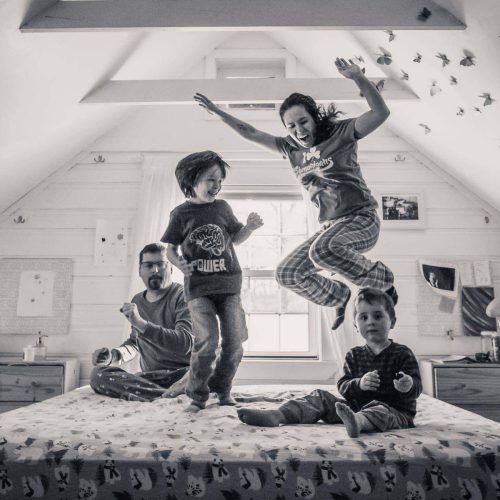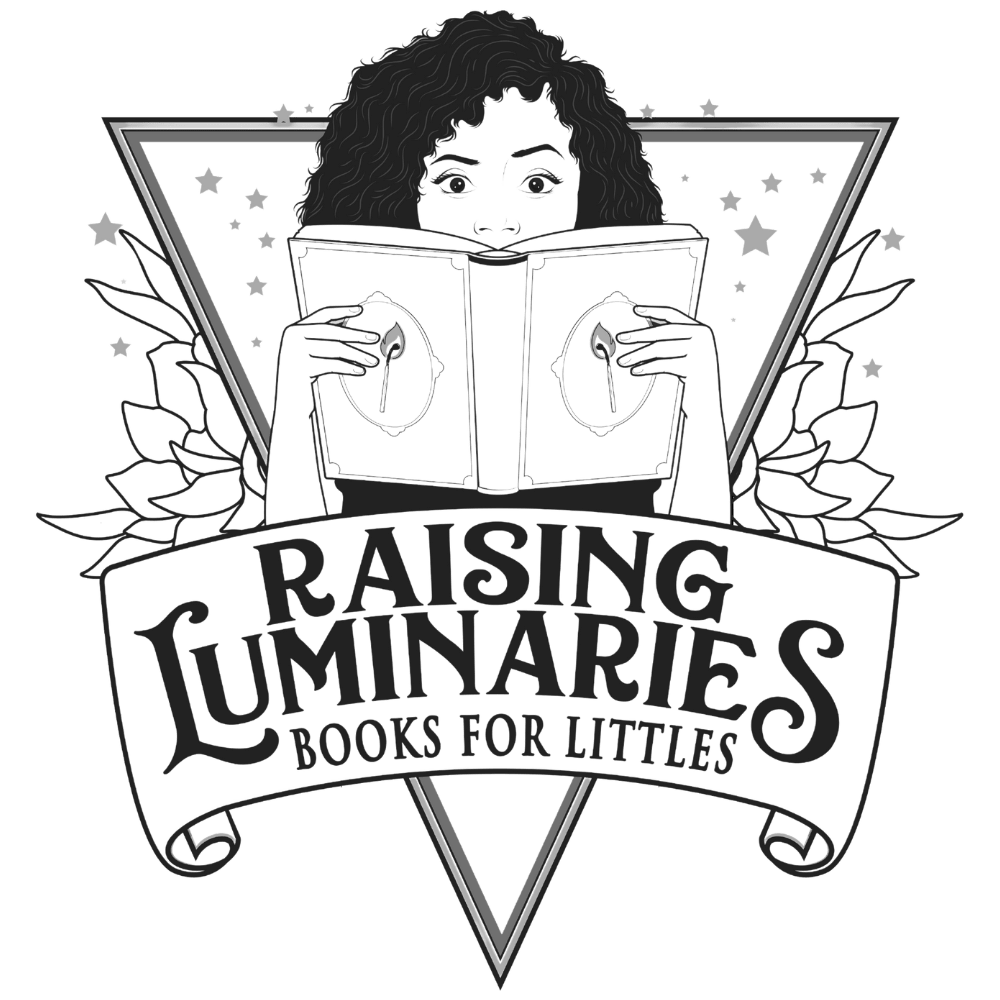Raising Luminaries & Books for Littles are free and accessible for readers who can’t afford a paywall. Since we’re a contribute-what-you can community, I try to fill in the gaps with affiliate links. Posts may contain affiliate links, which allow me to earn a commission at no extra cost to you. Check out the full affiliate disclosure along with my statement of accountability.
Mid-Autumn Festival
This is one of our favorite holidays. We keep it low-key. No gifts, no traveling, just staying up a little late, maybe taking a lantern stroll, and enjoying a tasty dinner together, and moon gazing with snacks.
When is it?
- Falls on the night of the biggest full moon, roughly around the 15th day of the eight month of the Chinese lunar calendar, typically around September-October.
Read:
- A Big Mooncake for Little Star (Ages 2-8)
- Shadow in the Moon (Ages 4-9)
- Mooncakes (ages 3-5)
Watch
Only Luminary Brain Trust members get access to our full analysis of problematic tropes and celebratory favorites from the #FamilyMovieNight series. The rest of you can still enjoy the movies though. FINALLY – Representation, blended families, and capturing the bittersweet grief of Chang’e & Hou Yi in Over the Moon
- Singalong: Mooncakes
- Singalong: The Moon Above
- Singalong: Wonderful
Discuss:
- Depending on who is telling the story, Chang’e is either a selfish harpy or a self-sacrificing martyr.
- Why do you think people choose to depict her in such opposing ways?
- How does the virtue of self-sacrifice or the shortcomings of selfishness tie in with other cultural Chinese stories you’ve read?
- How are these traits viewed within your own family?
- Depending on who is telling the story, Hou Yi is either an abusive husband or a gentle and brave husband.
- Why do you think people choose to depict him in such opposing ways?
- How does the virtue of bravery and gentleness, or the shortcomings of reckless aggression tie in with other cultural Chinese stories you’ve read?
- How are these traits viewed within your own family?
- Many of the Americanized adaptations of non-American traditional stories are defanged and sanitized. Characters become all good or all bad, and nice people get happy endings. Why do American storytellers make these changes?
- The story of Chang’e and Hou Yi is about accepting boundaries and obstacles in a relationship. What obstacles have kept you from being with your family these past two years?
- What virtue are kids supposed to take from the story of the moon rabbit (self-sacrifice to a point of giving up his life for someone’s meal). Do you agree or disagree with his choice? Why?
Take Action:
For our family, the Mid-Autumn Moon Festival is a time to connect with family, appreciate what we’ve received this year, and brace ourselves for the winter ahead. There’s way more to it than a love story, a cute rabbit, and lanterns.
If this holiday is not a part of your culture or your heritage, please don’t appropriate it!
HOWEVER: You can learn from it!
We have an easier time letting go of the more toxic colonist family traditions we’ve inherited from previous generations (like the commercialization of Christmas, the cruel destruction of Halloween, and the sanitizing of genocide against Indigenous people on Thanksgiving) because we have a connection with other family holidays and traditions.
For US settlers who haven’t been able to let go of the myth of a ‘first thanksgiving’ – because you don’t want to let go of that family tradition of connection and gratitude, try this: Learn more about your family’s history, your ancestral traditions, and see if you can celebrate and find connection and celebration in these events.
Ancestors around the world have developed gorgeous, meaningful, lovely seasonal land-based acknowledgements and celebrations of the transition from summer to autumn. If you look, you’ll be able to find and reclaim practices that have personal meaning for your family – without fetishizing or minimizing our traditions.
Additional resources to dig deeper into this topic:
- Inclusive Kids Books For The Mid-Autumn Moon Festival
- #OwnVoices Chinese American Kids Stories
- Decolonizing Thanksgiving is an Oxymoron






